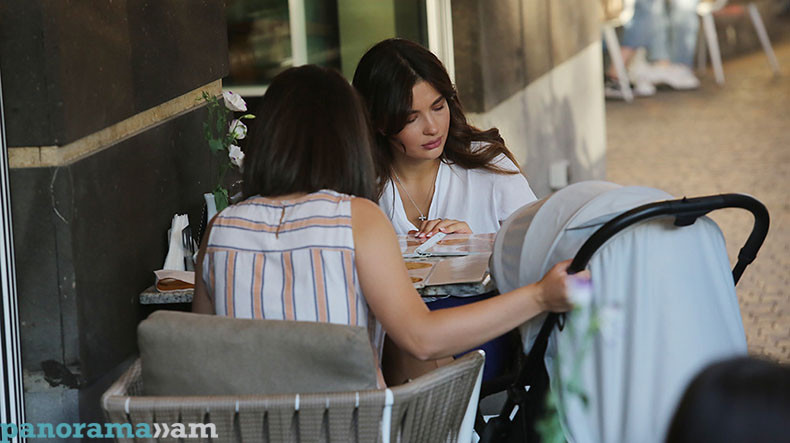
Conflict, climate crisis and COVID-19 pose great threats to the health of women and children
Fragile gains made to advance women and children’s health are threatened by conflict, the climate crisis and COVID-19, according to a new report from Every Woman Every Child by UNICEF.
"Protect the Progress: Rise, Refocus, Recover -2020[ highlights that the COVID-19 crisis, in particular, is exacerbating existing inequities, with reported disruptions in essential health interventions disproportionately impacting the most vulnerable women and children. At the height of pandemic lockdowns, schools were closed in 192 countries, affecting 1.6 billion students. Domestic violence and abuse of girls and women increased. Poverty and hunger are also on the rise.
“Even before the COVID-19 pandemic, a child under the age of five died every six seconds somewhere around the world,” said Henrietta Fore, UNICEF Executive Director. “Millions of children living in conflict zones and fragile settings face even greater hardship with the onset of the pandemic. We need to work collectively to meet immediate needs caused by the pandemic while also strengthening health systems. Only then can we protect and save lives.”
In 2019, 5.2 million children under the age of 5 and 1 million adolescents died of preventable causes. Every 13 seconds a newborn baby died. Every hour 33 women did not survive childbirth; and 33,000 girls a day were forced into marriages, usually to much older men.
The report examines the deep-rooted inequities which continue to deprive women, children and adolescents of their rights – noting birthplace as a significant determinant of survival. In 2019, 82 percent of under-5 deaths and 86 percent of maternal deaths were concentrated in sub-Saharan Africa and South Asia. Nine in 10 pediatric HIV infections occurred in sub-Saharan Africa. Maternal, newborn, child and adolescent mortality rates were substantially higher in countries chronically affected by conflict.
The report calls upon the global community to fight COVID-19 while honoring and respecting commitments that can improve the lives of women and children, and not widen the gap between promise and reality.
Newsfeed
Videos






























